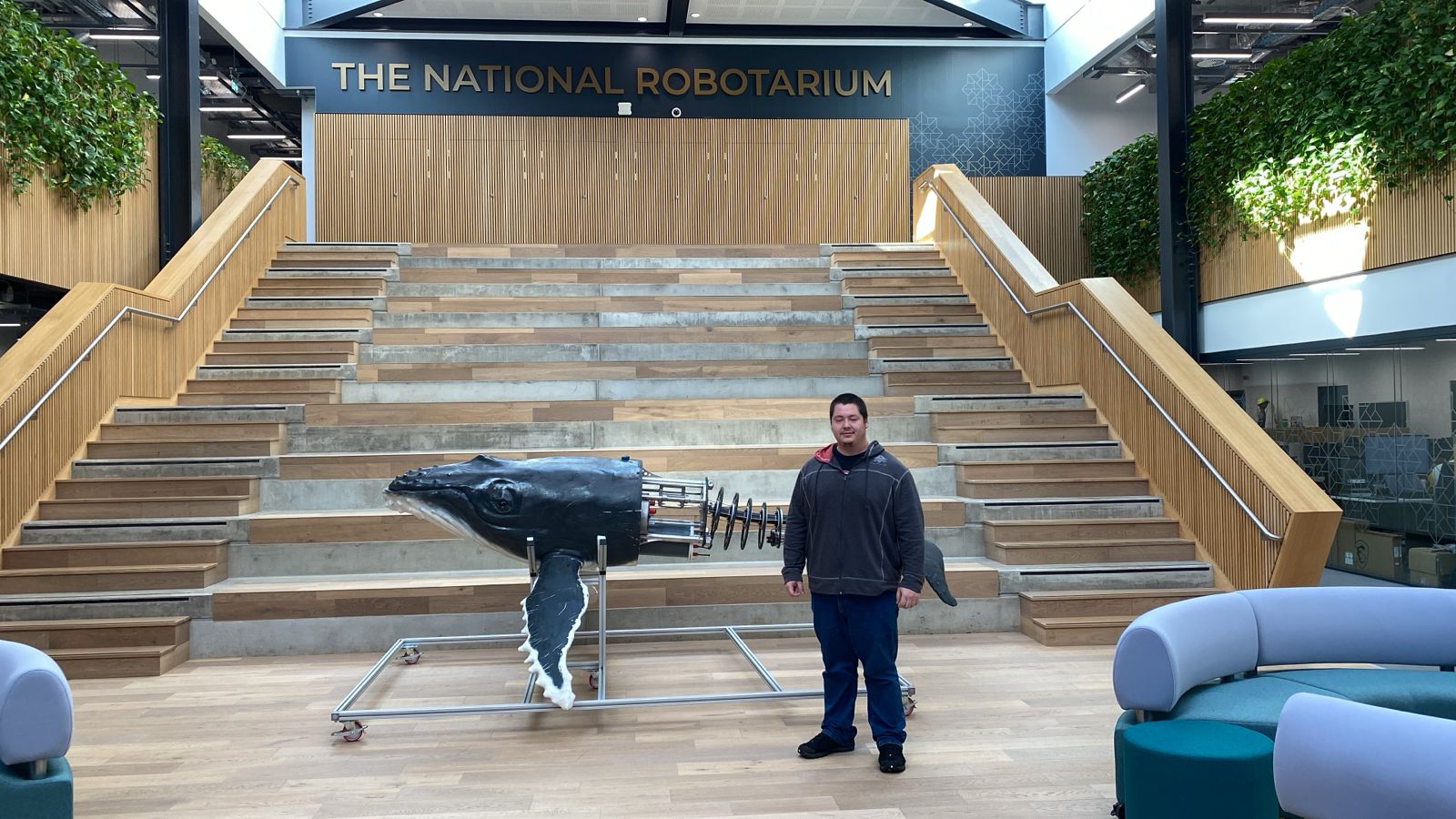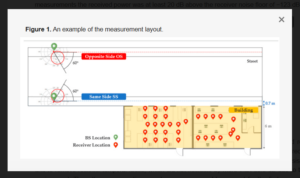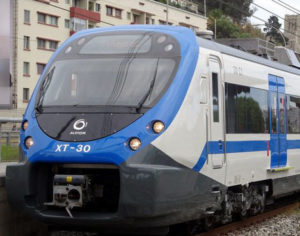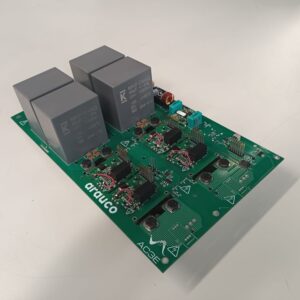Between September 1st and 23rd, AC3E Electronic Engineering doctoral student, Franco Jorquera, completed an internship at the National Robotarium and Heriot-Watt University. This experience aimed to expand his network of international contacts with researchers and experts in robotics and artificial intelligence, learn about their work and equipment used, and share the knowledge acquired with the AC3E Robotics team.
This trip was part of the project “Potentiating Innovation: IDA-Dog and National Robotarium as Engines of Change in Electronic Engineering,” driven by the Engineering 2030 project – UTFSM – PHASE 3, which is an extension of the multidisciplinary project (Electronics, Biotechnology, IDP) “IDA-DOG: efficient robotic pest control system.”
“The contribution of my research work lies in the development of mobile robotic systems that solve a particular problem in society, in this case, in the agricultural field. In addition, my work contributes to the development of navigation systems for robotic platforms and in the recognition of patterns in plants through artificial vision algorithms, as well as in the unification of these systems to optimize their operation and efficiency in agricultural applications,” mentioned Franco Jorquera.
This internship was very important to enhance his professional development and allowed him to learn about the landscape of robotics worldwide. “This experience has been extremely enriching. Not only did it allow me to update myself on the latest advances in robotics and artificial intelligence applied to agriculture, but it also opened the door to collaborations that will benefit both the university and society in general. Projects like IDA-Dog are born at UTFSM, but they have the potential to generate a much greater impact thanks to these international connections,” highlighted the student.
AC3E was a fundamental pillar in this experience by providing financial and logistical support for the internship. Its contribution allowed to cover part of the costs associated with the trip and facilitated the management for the visit to international institutions such as the National Robotarium and Heriot-Watt University.
“AC3E not only supported the initiative with resources, but also has researchers from the center actively involved in the IDA-Dog project, contributing to the development of advanced robotic systems. This synergy between the research team and international alliances promotes the transfer of knowledge and strengthens the project’s capabilities to face technological challenges in the agricultural field, enhancing innovation in areas such as robotic navigation and task resolution through artificial intelligence,” concluded Franco Jorquera.

